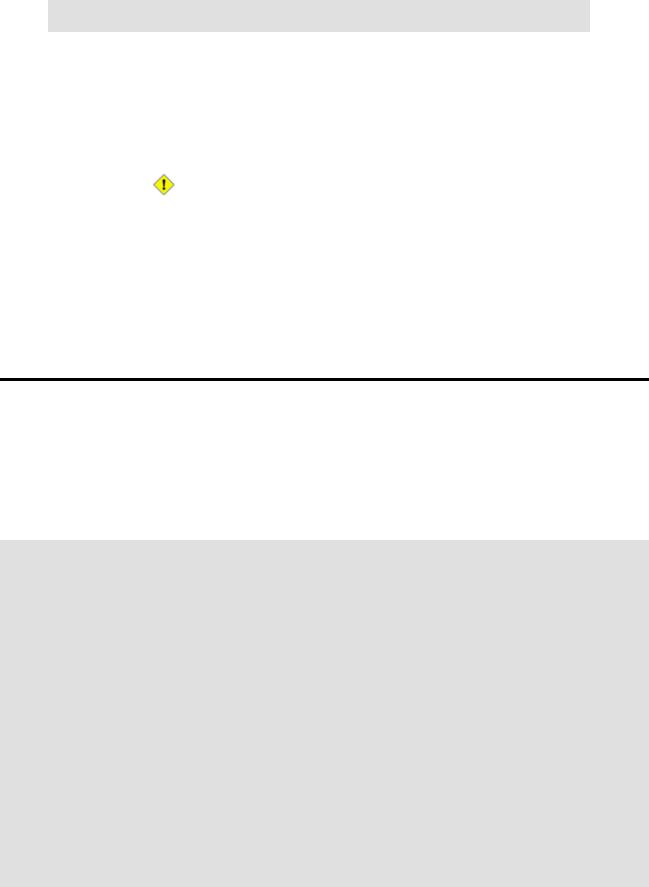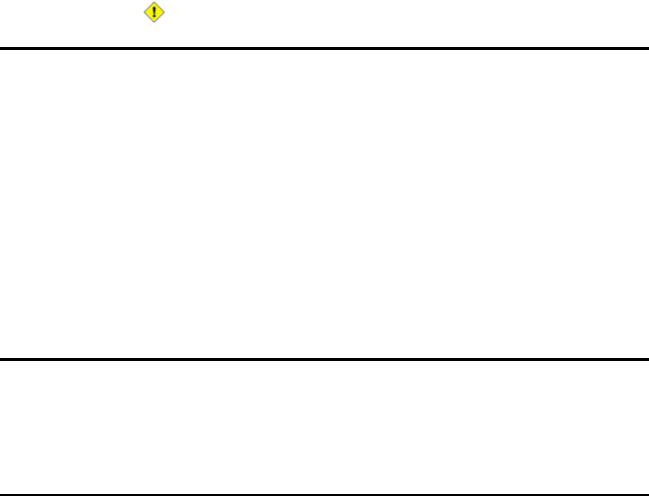
- •Table of Contents
- •Chapter 1. Why Shell Programming?
- •2.1. Invoking the script
- •2.2. Preliminary Exercises
- •Part 2. Basics
- •Chapter 3. Exit and Exit Status
- •Chapter 4. Special Characters
- •Chapter 5. Introduction to Variables and Parameters
- •5.1. Variable Substitution
- •5.2. Variable Assignment
- •5.3. Bash Variables Are Untyped
- •5.4. Special Variable Types
- •Chapter 6. Quoting
- •Chapter 7. Tests
- •7.1. Test Constructs
- •7.2. File test operators
- •7.3. Comparison operators (binary)
- •7.4. Nested if/then Condition Tests
- •7.5. Testing Your Knowledge of Tests
- •Chapter 8. Operations and Related Topics
- •8.1. Operators
- •8.2. Numerical Constants
- •Part 3. Beyond the Basics
- •Chapter 9. Variables Revisited
- •9.1. Internal Variables
- •9.2. Manipulating Strings
- •9.2.1. Manipulating strings using awk
- •9.2.2. Further Discussion
- •9.3. Parameter Substitution
- •9.4. Typing variables: declare or typeset
- •9.5. Indirect References to Variables
- •9.6. $RANDOM: generate random integer
- •9.7. The Double Parentheses Construct
- •Chapter 10. Loops and Branches
- •10.1. Loops
- •10.2. Nested Loops
- •10.3. Loop Control
- •10.4. Testing and Branching
- •Chapter 11. Internal Commands and Builtins
- •11.1. Job Control Commands
- •Chapter 12. External Filters, Programs and Commands
- •12.1. Basic Commands
- •12.2. Complex Commands
- •12.3. Time / Date Commands
- •12.4. Text Processing Commands
- •12.5. File and Archiving Commands
- •12.6. Communications Commands
- •12.7. Terminal Control Commands
- •12.8. Math Commands
- •12.9. Miscellaneous Commands
- •Chapter 13. System and Administrative Commands
- •Chapter 14. Command Substitution
- •Chapter 15. Arithmetic Expansion
- •Chapter 16. I/O Redirection
- •16.1. Using exec
- •16.2. Redirecting Code Blocks
- •16.3. Applications
- •Chapter 17. Here Documents
- •Chapter 18. Recess Time
- •Part 4. Advanced Topics
- •Chapter 19. Regular Expressions
- •19.1. A Brief Introduction to Regular Expressions
- •19.2. Globbing
- •Chapter 20. Subshells
- •Chapter 21. Restricted Shells
- •Chapter 22. Process Substitution
- •Chapter 23. Functions
- •23.1. Complex Functions and Function Complexities
- •23.2. Local Variables
- •23.2.1. Local variables make recursion possible.
- •Chapter 24. Aliases
- •Chapter 25. List Constructs
- •Chapter 26. Arrays
- •Chapter 27. Files
- •Chapter 28. /dev and /proc
- •28.2. /proc
- •Chapter 29. Of Zeros and Nulls
- •Chapter 30. Debugging
- •Chapter 31. Options
- •Chapter 32. Gotchas
- •Chapter 33. Scripting With Style
- •33.1. Unofficial Shell Scripting Stylesheet
- •Chapter 34. Miscellany
- •34.2. Shell Wrappers
- •34.3. Tests and Comparisons: Alternatives
- •34.4. Optimizations
- •34.5. Assorted Tips
- •34.6. Oddities
- •34.7. Portability Issues
- •34.8. Shell Scripting Under Windows
- •Chapter 35. Bash, version 2
- •Chapter 36. Endnotes
- •36.1. Author's Note
- •36.2. About the Author
- •36.3. Tools Used to Produce This Book
- •36.3.1. Hardware
- •36.3.2. Software and Printware
- •36.4. Credits
- •Bibliography
- •Appendix A. Contributed Scripts
- •Appendix C. Exit Codes With Special Meanings
- •Appendix D. A Detailed Introduction to I/O and I/O Redirection
- •Appendix E. Localization
- •Appendix F. History Commands
- •Appendix G. A Sample .bashrc File
- •Appendix H. Converting DOS Batch Files to Shell Scripts
- •Appendix I. Exercises
- •Appendix J. Copyright

Advanced Bash−Scripting Guide
exit 0
∙Using the double parentheses construct, it is possible to use C−like syntax for setting and incrementing variables and in for and while loops. See Example 10−11 and Example 10−16.
∙The run−parts command is handy for running a set of command scripts in sequence, particularly in combination with cron or at.
∙It would be nice to be able to invoke X−Windows widgets from a shell script. There happen to exist several packages that purport to do so, namely Xscript, Xmenu, and widtools. The first two of these no longer seem to be maintained. Fortunately, it is still possible to obtain widtools here.
The widtools (widget tools) package requires the XForms library to be installed. Additionally, the Makefile needs some judicious editing before the package will build on a typical Linux system. Finally, three of the six widgets offered do not work (and, in fact, segfault).
For more effective scripting with widgets, try Tk or wish (Tcl derivatives), PerlTk (Perl with Tk extensions), tksh (ksh with Tk extensions), XForms4Perl (Perl with XForms extensions), Gtk−Perl (Perl with Gtk extensions), or PyQt (Python with Qt extensions).
34.6. Oddities
Can a script recursively call itself? Indeed.
Example 34−6. A script that recursively calls itself
#!/bin/bash
#recurse.sh
#Can a script recursively call itself?
#Yes, but this is of little or no practical use #+ except perhaps as a "proof of concept".
RANGE=10
MAXVAL=9
i=$RANDOM
let "i %= $RANGE" # Generate a random number between 0 and $MAXVAL.
if [ "$i" −lt "$MAXVAL" ] then
echo "i = $i"
./$0
fi
#Using a "while" loop instead of an "if/then" test causes problems.
#Exercise for the reader: Explain why.
exit 0
34.6. Oddities |
307 |

Advanced Bash−Scripting Guide
Too many levels of recursion can exhaust the script's stack space, causing a segfault.
34.7. Portability Issues
This book deals specifically with Bash scripting on a GNU/Linux system. All the same, users of sh and ksh will find much of value here.
As it happens, many of the various shells and scripting languages seem to be converging toward the POSIX 1003.2 standard. Invoking Bash with the −−posix option or inserting a set −o posix at the head of a script causes Bash to conform very closely to this standard. Even lacking this measure, most Bash scripts will run as−is under ksh, and vice−versa, since Chet Ramey has been busily porting ksh features to the latest versions of Bash.
On a commercial UNIX machine, scripts using GNU−specific features of standard commands may not work. This has become less of a problem in the last few years, as the GNU utilities have pretty much displaced their proprietary counterparts even on "big−iron" UNIX. Caldera's recent release of the source to many of the original UNIX utilities will only accelerate the trend.
34.8. Shell Scripting Under Windows
Even users running that other OS can run UNIX−like shell scripts, and therefore benefit from many of the lessons of this book. The Cygwin package from Cygnus and the MKS utilities from Mortice Kern Associates add shell scripting capabilities to Windows.
34.7. Portability Issues |
308 |
